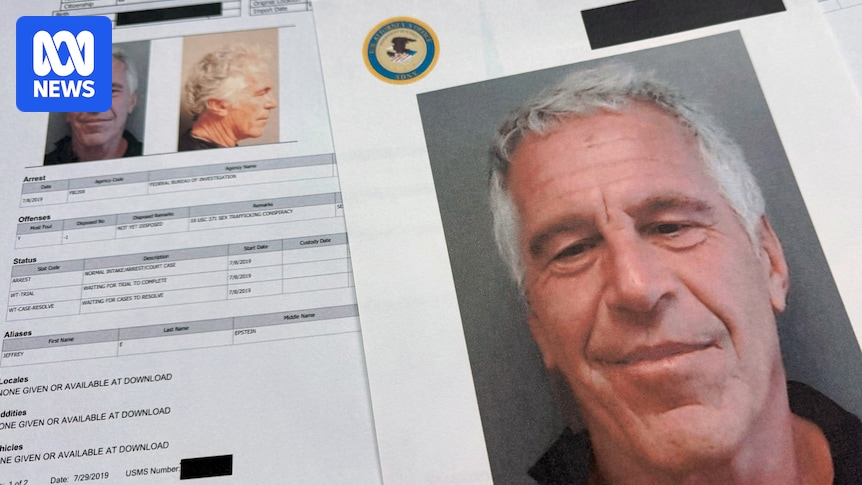
In a groundbreaking development, researchers at Mass General Brigham have unveiled a novel blood test capable of detecting HPV-linked head and neck cancers up to a decade before symptoms manifest. This advancement could revolutionize early cancer detection and treatment, offering hope for improved patient outcomes. The study, published in the Journal of the National Cancer Institute, highlights the potential of the liquid biopsy tool, HPV-DeepSeek, to identify these cancers much earlier than current methods allow.
Human papilloma virus (HPV) is responsible for approximately 70% of head and neck cancers in the United States, with incidence rates climbing annually. Unlike cervical cancers, which have established screening protocols, HPV-related head and neck cancers lack such early detection measures. As a result, diagnoses often occur only after tumors have grown significantly, leading to more aggressive and debilitating treatment regimens.
Revolutionizing Cancer Detection with HPV-DeepSeek
The HPV-DeepSeek test employs whole-genome sequencing to detect minute fragments of HPV DNA circulating in the bloodstream, a method that promises to catch cancers at their nascent stages. According to lead study author Dr. Daniel L. Faden, “Our study shows for the first time that we can accurately detect HPV-associated cancers in asymptomatic individuals many years before they are ever diagnosed with cancer.”
“By the time patients enter our clinics with symptoms from the cancer, they require treatments that cause significant, life-long side effects. We hope tools like HPV-DeepSeek will allow us to catch these cancers at their very earliest stages, which ultimately can improve patient outcomes and quality of life.” — Dr. Daniel L. Faden
Previous research by the team demonstrated that HPV-DeepSeek achieves 99% specificity and sensitivity, surpassing existing diagnostic methods. This specificity is crucial in ensuring that the test accurately distinguishes between cancerous and non-cancerous cases.
Study Findings and Methodology
To evaluate the efficacy of HPV-DeepSeek, researchers analyzed 56 blood samples from the Mass General Brigham Biobank. These included 28 samples from individuals who later developed HPV-associated head and neck cancer and 28 from healthy controls. The test successfully identified HPV tumor DNA in 22 out of the 28 cancer cases, while all control samples tested negative, underscoring the test’s high specificity.
Further enhancing the test’s capabilities, researchers incorporated machine learning techniques. This approach enabled HPV-DeepSeek to accurately identify 27 out of 28 cancer cases, even in samples collected up to 10 years before diagnosis. The earliest positive detection occurred 7.8 years prior to the onset of symptoms.
Implications and Future Directions
The implications of this study are profound, offering a potential paradigm shift in how HPV-related head and neck cancers are detected and treated. Early detection through HPV-DeepSeek could lead to less invasive treatments and significantly improve patients’ quality of life.
The research team is now conducting a second blinded study, funded by the National Institutes of Health (NIH), to validate these findings. This study will utilize hundreds of samples from the Prostate, Lung, Colorectal, and Ovarian Cancer Screening Trial (PLCO) at the National Cancer Institute.
As the medical community awaits further results, the promise of HPV-DeepSeek represents a beacon of hope for early cancer detection. Should these findings be confirmed, the test could become a standard tool in cancer screening, potentially saving countless lives by identifying cancers long before they become symptomatic.







